Description
Efnisyfirlit
- Cover Page
- Half Title page
- Title Page
- Copyright Page
- Contents
- Contributors
- Illustrations
- Abbreviations
- Introduction About CARN (Collaborative Action Research Network)
- Coming of age: 70 years of action research
- The scope of this book: an overview of contemporary action research
- Notes
- References
- 1 Innovation in education through action research
- Introduction
- Innovative teaching in educational research
- The move from a transmission view to a construction view of teaching and learning
- Constructive use of feedback
- Innovating teaching through performance standards and data feedback
- Promoting reflective teaching – features and examples
- Action research and innovation in in-service education
- Lesson studies as school-based initiative
- Conclusion
- Notes
- References
- 2 Thirty years of educational reform through action research Traces in the Austrian school system
- Introduction
- Theoretical framework
- Action research
- Constructivism
- Systems theory
- Four dimensions of teacher professional development
- Trace one: the university course “Pedagogy and subject didactics” (PFL)
- Evaluation outcomes
- Research findings
- Trace two: the master course “Professionalization in the teaching profession” (ProFiL)
- Evaluation measures and research findings
- Trace three: the support program “Innovations Make Schools Top” (IMST)
- An example: the regional network in the federal province of Styria
- A steering committee emerges
- A successful launch
- Exemplary network activities
- Evaluation outcomes
- Research findings
- Resume – lessons learnt
- 1 Reform projects need both visible challenges and visible success
- 2 Reform projects need both individual and organizational efforts
- 3 Reform projects need both flexible plans and the use of windows of opportunity
- 4 Reform projects need active insistence and resilience as well as patience
- 5 Reform projects need both accepting and allocating responsibility
- References
- 3 Addressing end-of-life issues through peer education and action research
- Introduction
- Problem identification
- Objectives and principles of action research
- Action 1 Introduction of a personal portfolio
- Examination of end-of-life issues
- Search for information and resources
- Review resources
- Design and structure the portfolio template
- Use the portfolio
- Reflection 1 Revise the portfolio
- Share portfolios with others
- Action 2 Public workshops
- Reflection 2 Revise the portfolio
- Evaluation
- The extent to which worthwhile practical purposes are addressed
- Levels of democracy and participation
- The different forms of knowledge engaged with during the study
- The extent to which the research has been and continues to be responsive and developmental
- Reassessment and conclusions
- Personal reflective postscript
- Acknowledgements
- References
- 4 The International Collaboration for Participatory Health Research Legitimating the science and ensuring quality
- Participatory research in a health context
- Examples of participatory health research
- Promoting the participation of vulnerable groups in preventing disease
- Improving health services through user involvement
- Understanding the health needs of homeless women
- The need for collaboration in participatory health research
- The defining characteristics of PHR
- The distinctive scientific contribution of PHR to health research
- Setting standards for scientific quality in PHR
- Structure and goals of the ICPHR
- Issues and challenges
- Identifying the primary goal of the collaboration
- Building on current practice
- What’s in a name? Finding the best term
- The conflict between a participatory ethic and setting standards
- The relationship between theory and results
- Avoiding the dominance of one language, country or region
- Conclusion
- Notes
- References
- 5 Research as empowerment Blending PAR with community development
- A tale of two villages … and of community development
- The responsibilities of the research consultant
- Reflection about my own ambitions … and finding my research question
- Research questions about community issues
- Choosing the research methods
- Challenges faced in the research process
- Findings from the community research
- My additional action research project: ‘Research as Empowerment’
- Empowerment: what does it mean?
- Reflections about Participatory Action Research (PAR)
- Is PAR empowering? Results from the secondary research
- Conclusion and consequences
- Outlook
- References
- 6 Empowering young care leavers through peer research
- Introduction and overview
- Concept and framework of the peer research project
- Aspects of the peer research methodology
- Stages of the project development
- Young peer researchers’ empirical findings
- Lessons learnt 1 Young peer researchers’ recommendations for policy makers
- Lessons learnt 2 How did our peer research make a difference?
- Using young people for peer research addressed power relations
- Both peer researchers and respondents felt the power of empathy
- We achieved a greater depth and insight into the subject of leaving care
- Peer researchers had the opportunity to acquire research and life skills
- Young people became active in national and international advocacy
- Lessons learnt 3 General criteria for successful peer research
- Challenges and concluding considerations
- Acknowledgements
- Note
- References
- 7 Powerful partnership in a schools–university research collaboration
- Introduction
- The SUPER partnership
- Theoretical framework: Bourdieu’s concepts and Bhabha’s third space theory
- Qualitative methodology (based on grounded theory)
- Gill
- Helen
- Findings
- Evidence of learning
- Gill
- Helen
- Facilitating learning
- Illuminating the cases
- Notes
- References
- 8 Camera, action! Teaching documentary video as a tool for empowering weak students
- Background: a difficult classroom situation
- A new and risky idea, its objectives and hypothesis: why teach documentary video?
- Research methods: investigating my own teaching
- Action: realization of the project and how things developed
- Evaluation: the students’ feedback
- Reflection: lessons to be learnt
- Summary and conclusions
- Acknowledgements
- References
- 9 Reflective processes in action research and in psychoanalytic observational studies Two approaches for teaching professionals
- Introduction
- Reflecting upon reflection
- Phases of reflection
- Reflection in action research
- Reflection in psychoanalytic observational studies
- Benefits of reflective processes in teaching
- Example I
- Example II
- Biographical reflection and learning
- Conclusion
- References
- 10 Learning to guide open inquiry From self-experience to transfer into teaching
- Introduction
- Theoretical background
- The learning environment “Lernwerkstatt Science”
- Pedagogical Content Knowledge (PCK)
- Action research and reflective practice
- Rationale
- Course model
- Objective and research questions
- Methodology
- Participants and data
- Analysis
- Findings
- Discussing teachers’ professional development
- Summary
- Outlook
- References
- 11 Action research in science education From general justifications to a specific model in practice
- Justifying action research in science education
- Interpretations of action research in science education
- The model of Participatory Action Research in science education
- An illustrative case taken from lower secondary school chemistry education
- Ten years of Participatory Action Research in science education
- Lessons learnt from Participatory Action Research in science education
- Conclusions
- References
- 12 Action research with chemistry teachers in Israel
- Introduction
- The design and implementation of the action research workshops
- Description of a case study within the action research workshop
- The stages of the action research (Towns et al. 2000)
- Collecting and analyzing data (Stage 3)
- Implementing: teaching a topic while focusing on a variety of strategies (Stage 4)
- Collecting and analyzing data (Stage 5)
- Evaluating and reflecting (Stage 6)
- A follow-up study one year later
- Discussion and summary
- References
- 13 Critical action research and the challenge of postmodernism Perspectives and limitations
- The urgent need to reconceptualize educational action research in our times
- The postmodern challenge for critical action research
- Defining the terms
- The perspectives of postmodernism for critical action research
- Enriching AR with postmodern methods
- The potential contribution of postmodernism to AR
- Integrating methodological tensions: limitations and conditions
- References
- 14 What is good action research? Reflections about quality criteria
- Some characteristics of action research – and their justification
- Practical and ethical criteria for action research
- 1 Good action research pursues worthwhile practical purposes
- 2 Good action research is collaborative/participatory
- 3 Good action research is responsive and developmental
- 4 Good action research connects theory and praxis
- Epistemological criteria for action research
- Controversies about quality and rigour in action research
- Conclusion and outlook
- Notes
- References
- Index

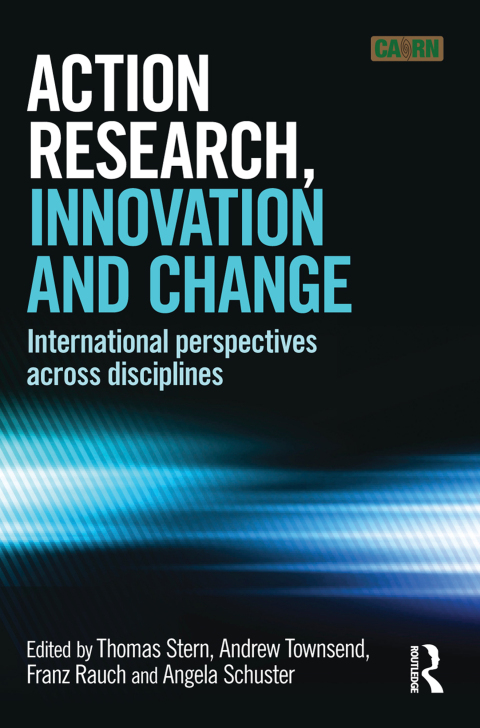
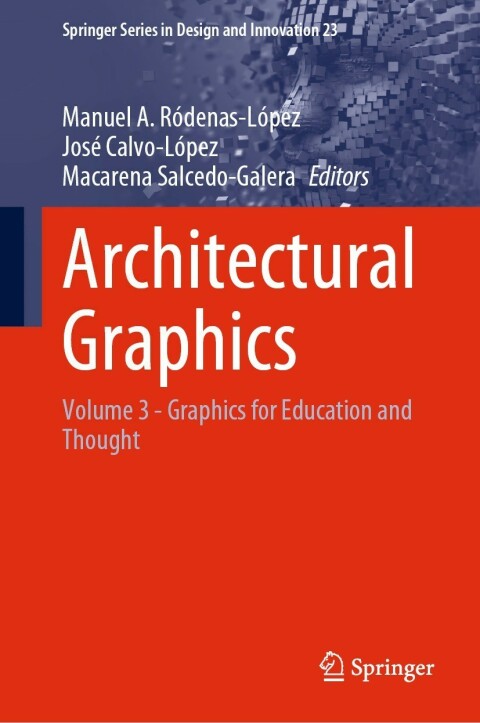
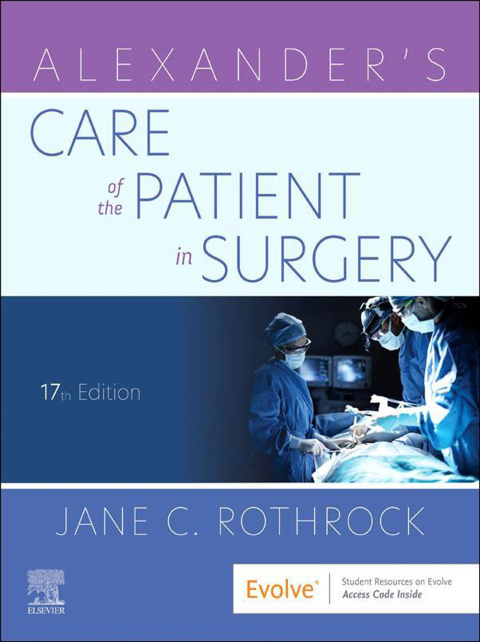
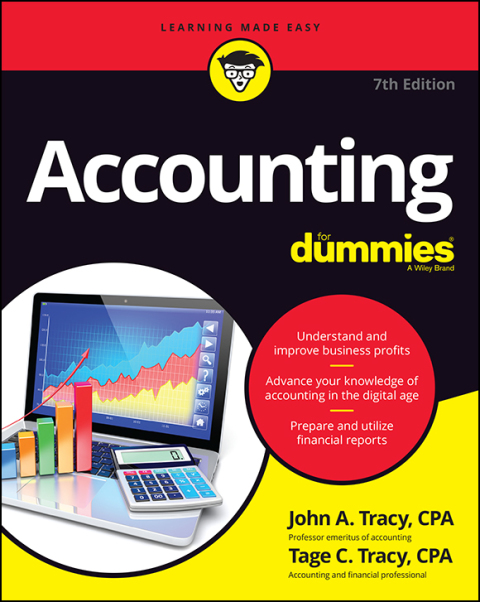
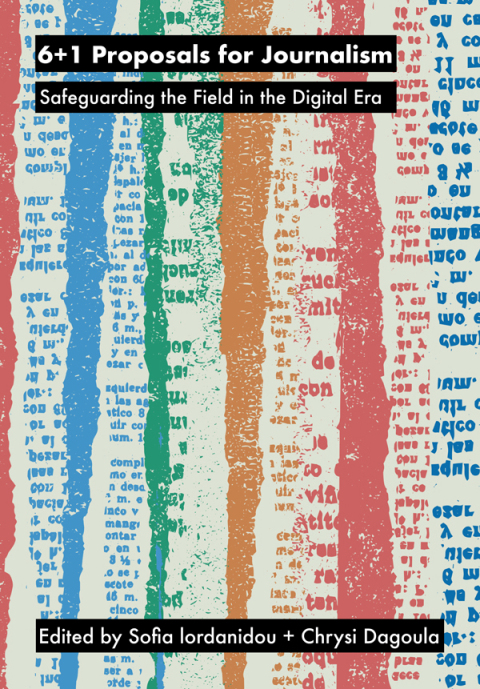
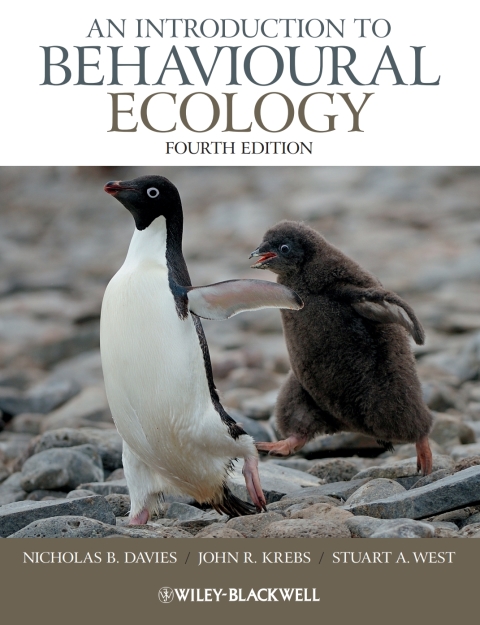
Reviews
There are no reviews yet.